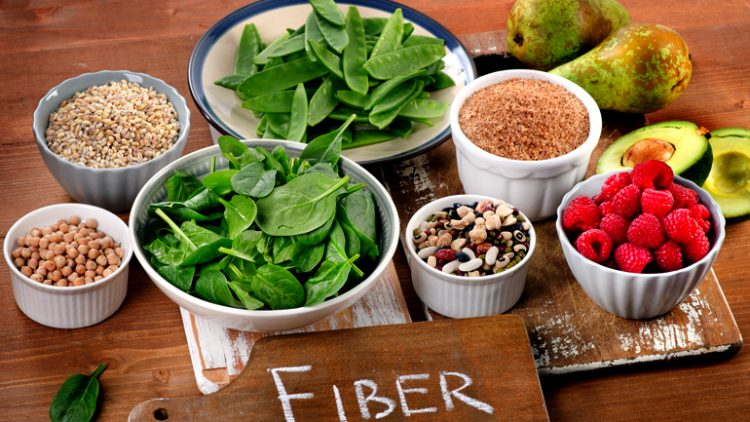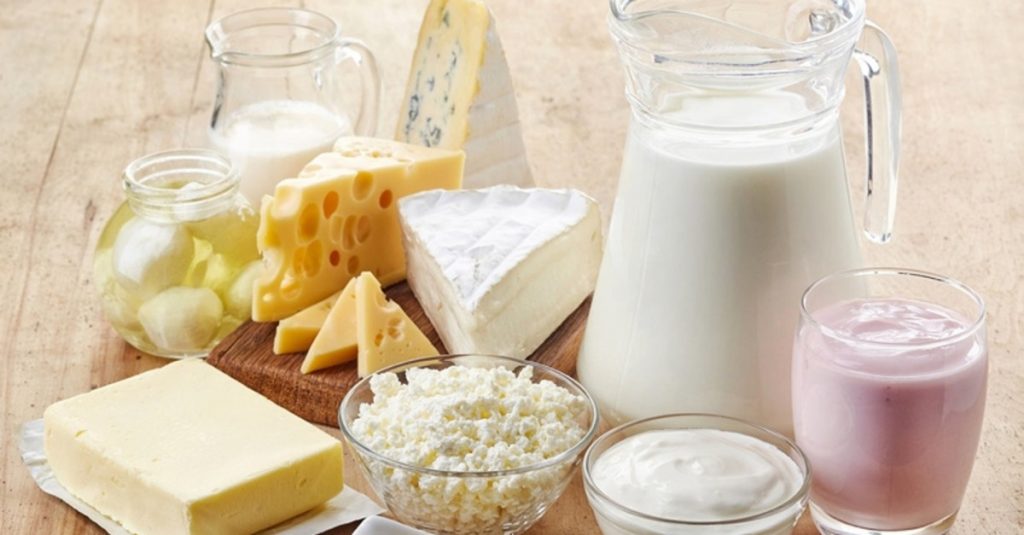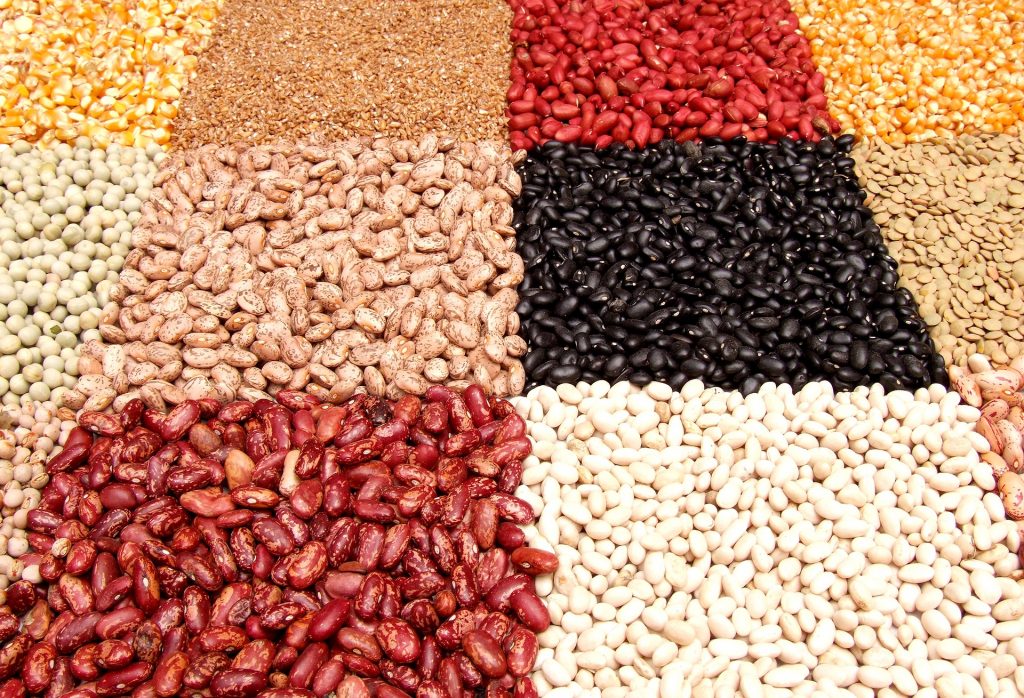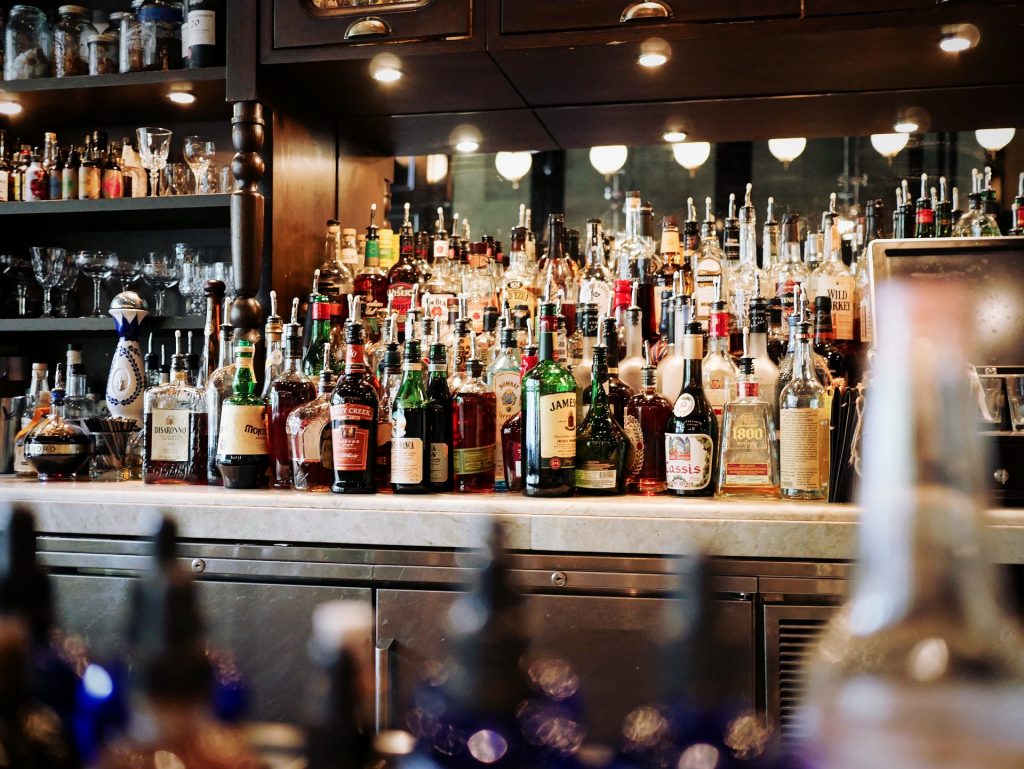Top 7 Foods That Mess Up Your Digestive System

56 Different Names For Sugar You Should Know
August 2, 2020
Stomach Ulcer: Causes, Symptoms, and Prevention
August 30, 2020The Foods Responsible For Upsetting Your Digestive System
Some foods are easier for the digestive system to break down than others, especially if you are intolerant to a particular food or have a digestive disorder like acid reflux, Gastroesophageal Reflux Disease (GERD), constipation, Irritable Bowel Syndrome (IBS), and diarrhea. This explains why you feel bloated, gassy, constipated, or experience heartburn after eating certain foods.
Most foods that your digestive system struggle to process are bad for your health. However, there are a few exceptions that contain nutrients necessary for a healthy gut and general wellness. Here is a list of foods that may be responsible for your digestive issues.
If you are interested in watching the video, click the video below
Or Continue reading
High-Fiber Foods
Foods rich in fiber are good for your digestive health. They digest slowly and keep you feeling full for longer. They also promote gut bacteria health. However, if your body is not accustomed to them, high-fiber foods can be hard to digest. As a result, you may become bloated or feel gassy. Since you cannot do without fiber, the best way is to introduce them slowly into your diet. Start with 1-2 servings of high-fiber foods daily and gradually increase as your body becomes used to them. Examples of high-fiber foods include cruciferous vegetables, fruits, bran, and rye.
Carbs
The conventional cereal, bread, rice, and pasta does not usually cause digestive discomfort. However, some people may have conditions like gluten sensitivity and celiac disease. People with these conditions react to the consumption of gluten, as it triggers an inflammatory response that may cause intestinal damage. The responses can range between bloating, stomach ache and discomfort, irritability, and diarrhea.
Fried Foods
The body does not easily digest the fat from fried foods. As a result, your stomach works overtime to break it down. Fried foods can cause chaos in your digestive system as they spend more time in your stomach, causing bloating and discomfort. Fried foods can cause heartburn because they relax the lower oesophageal sphincter that prevents backflow from the stomach into the esophagus. Additionally, the oil used in frying can disrupt the balance of good bacteria in the gut lining. You’re more likely to have indigestion, diarrhea, acid reflux, and heartburn after consuming fried foods.
Milk and Dairy Products
Calcium-rich dairy products help to develop strong bones and teeth. However, many people are lactose intolerant because they cannot produce the enzyme lactase that breaks down lactose. The effects of lactose intolerance include gas, diarrhea, and stomach cramps. You can prevent this by switching to lactose-free dairy products or taking lactase supplements before consuming dairy.
Beans and Legumes
Beans are known for causing gas and flatulence due to their high oligosaccharide and fiber content, making them hard to digest. However, you cannot do without beans and legumes in your diet because of their many health benefits. The solution is to incorporate them into your diet slowly. After the first 3-4 weeks of regular consumption, the issue of flatulence and gas disappears. Some examples of beans and legumes include black beans, pinto beans, black-eyed peas, and kidney beans.
High-Sodium Snacks
The high-sodium content in salty snacks like potato chips, pretzels, and crackers can cause bloating and discomfort. Too much salt causes high blood pressure, water retention, and dehydration. Preserving foods like vegetables, fish, and meats by salting also increases the risk of stomach cancer.
Alcoholic Beverages
Alcohol can irritate the stomach lining. It stimulates the stomach to create excess acid, which erodes the stomach lining and causes stomach ulcers and pain. Too much of its consumption can cause diarrhea and vomiting. To avoid this, don’t binge drink alcohol.








